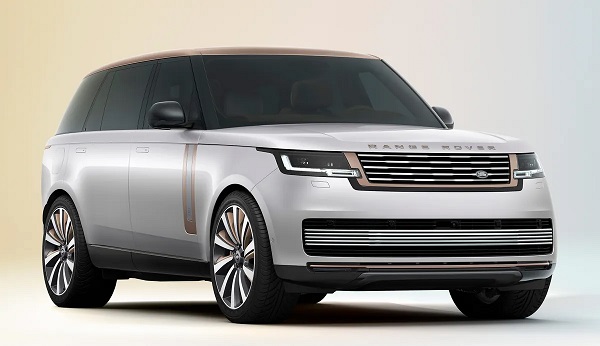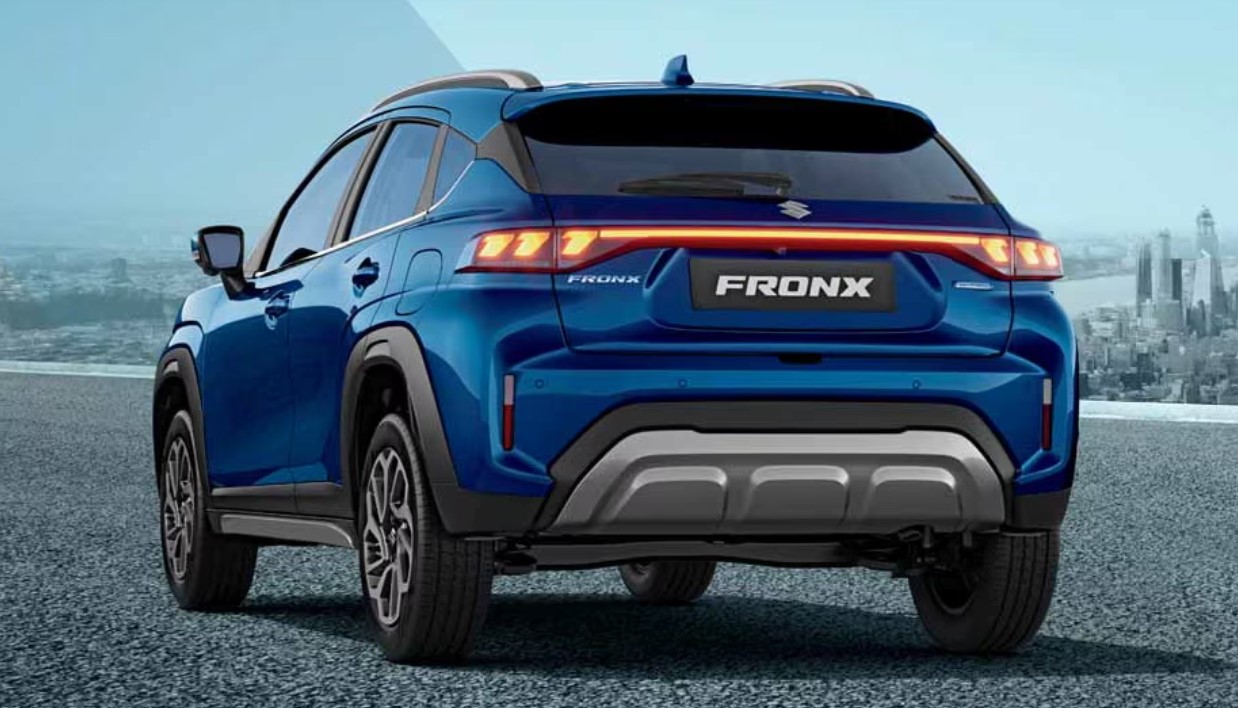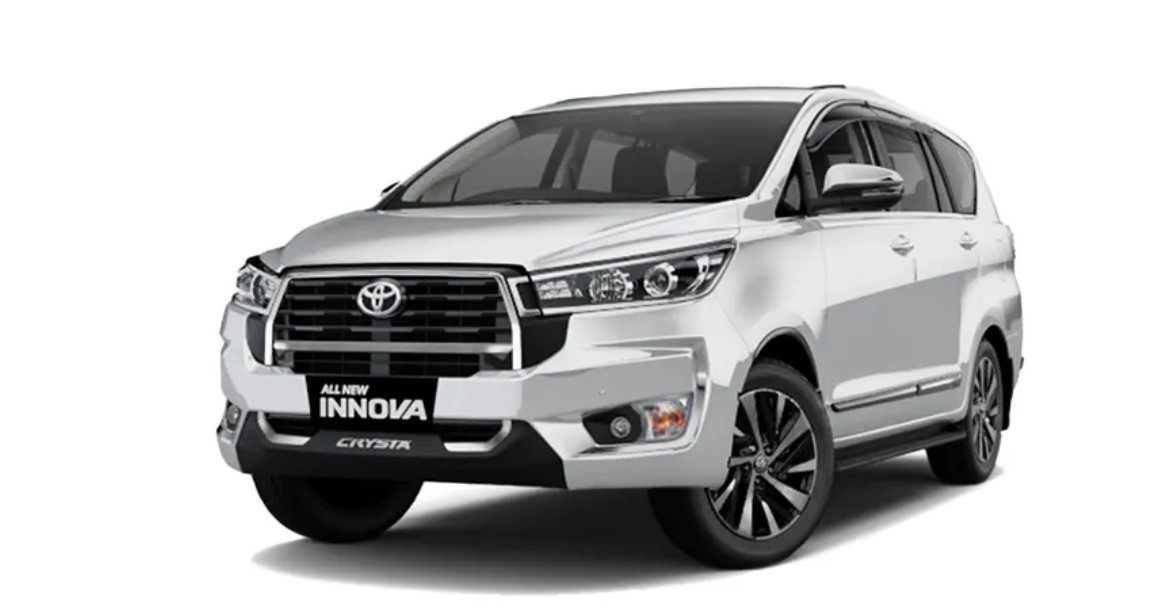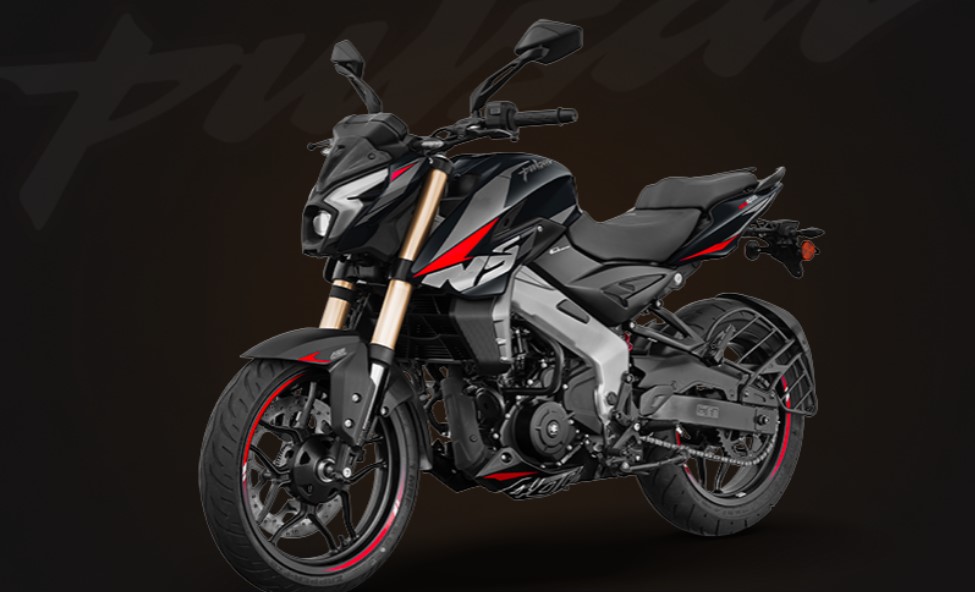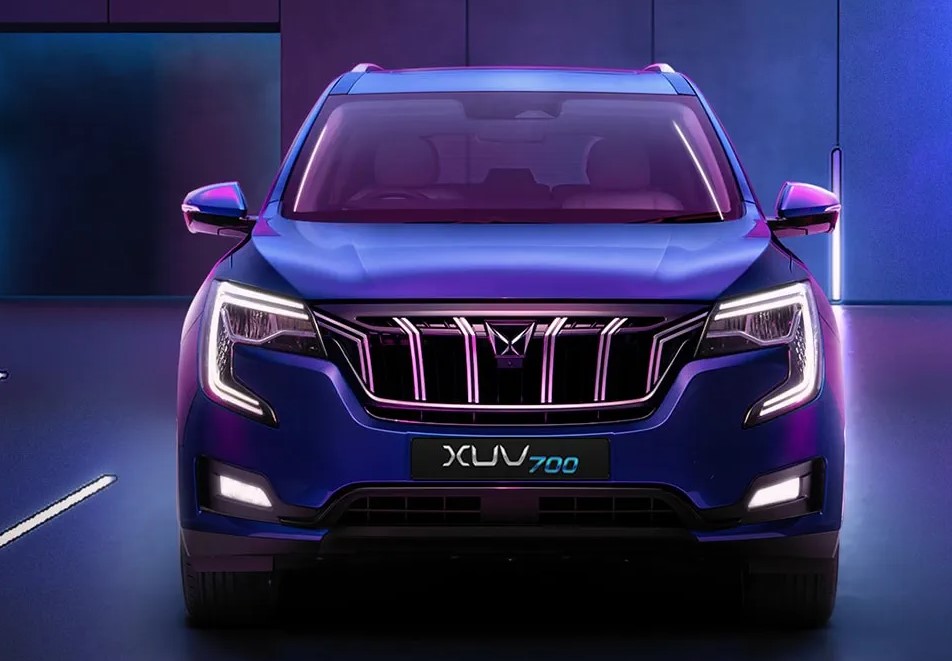We'll look at how they are about to take over transportation. Get ready to zip along as we highlight the various types of EVs and list the reasons they're the way to a more environmentally friendly and smarter future.
1. Plug-In Hybrid Electric Vehicles (PHEVs): We, the Young: The Best of Both Worlds
Picture this: there is no clear argument, though, the one is a mix of city stop-and-go and the other one is open highway stretches. PHEV is the EV world's all-in-one Swiss knife, beating out all of its peers. Such vehicles or hybrid ones have a regular combustion engine connected to an electric motor and a battery pack. Showing the possibility to mostly run on electric energy for shorter travels and then changing to gasoline power for longer road trips, PHEVs give the comfort and peace of mind that many drivers would appreciate. Besides the fact that they decrease emissions and fuel consumption, electric vehicles turn out to be a good solution for your pocket as well as for surrounding nature.
2. Battery Electric Vehicles (BEVs): Zero, emissions, optimum impact.
Committed to giving our planet one less thing to worry about? BEVs were engineered to provide strong noiseless transport with zero emission. Powering these beasts with electricity, you would not have a polluted tailpipe to slow down the airflow or shatter the silence. Thanks to rapid development in batteries that now deliver longer ranges and super-fast charge speed, the BEVs are no longer just for city runs or short trips. They are all set to defeat long distances and cross-country. Furthermore, there are no fancier parts and minor maintenance costs with BEVs that make them not only cleaner but also cost-efficient for long-term usage.
3. Hydrogen Fuel Cell Electric Vehicles (FCEVs): The Power of Tomorrow, Today: Our Chance at a Brighter Future
Take a look at the best of the best alternatives for clean and eco-friendly mobility. Say hey to FCEVs, making a bold entry into the EV scene. Future turbines use hydrogen as fuel. The hydrogen reacts with oxygen from the air, which converts to energy to turn an electric motor on and generates water only as a by-product. The refuelling times of FCEVs are comparable to those of traditional gasoline cars, and thus the range is comparable to the traditional fuel-powered ones. The contemporary world thus has a glimpse of a tomorrow where transportation is null. Environmentalists believe that FCEVs will take a leading role in the low-carbon emissions transition due to the advancement of hydrogen production methods.
*Why EVs are the Future: Profiteering from the climate crisis will only worsen the situation, forcing those on the brink of survival into even greater destitution.
1. Environmental Impact: EVs are contributing to the reduction of greenhouse gas emissions and air pollution which, as a result, they take part in fight against the climate change and the improvement of air quality in the communities.
2. Energy Independence: Given the fact that the transition to clean energy sources like wind and solar is occurring, EVs provide an opportunity to reach greater energy independence and independence.
3. Technological Innovation: Smart EV technology promises significant innovation and disruption across sectors as varied as battery storage or smart grid management, leading us toward a more eco-friendly, intelligent future.
4. Cost Savings: At the same time, EVs get reduced fuel as well as maintenance costs and besides that, they can also get some incentives and tax rates, this has made it possible for the drivers of all strata to afford them.
.jpg)
.jpg)



